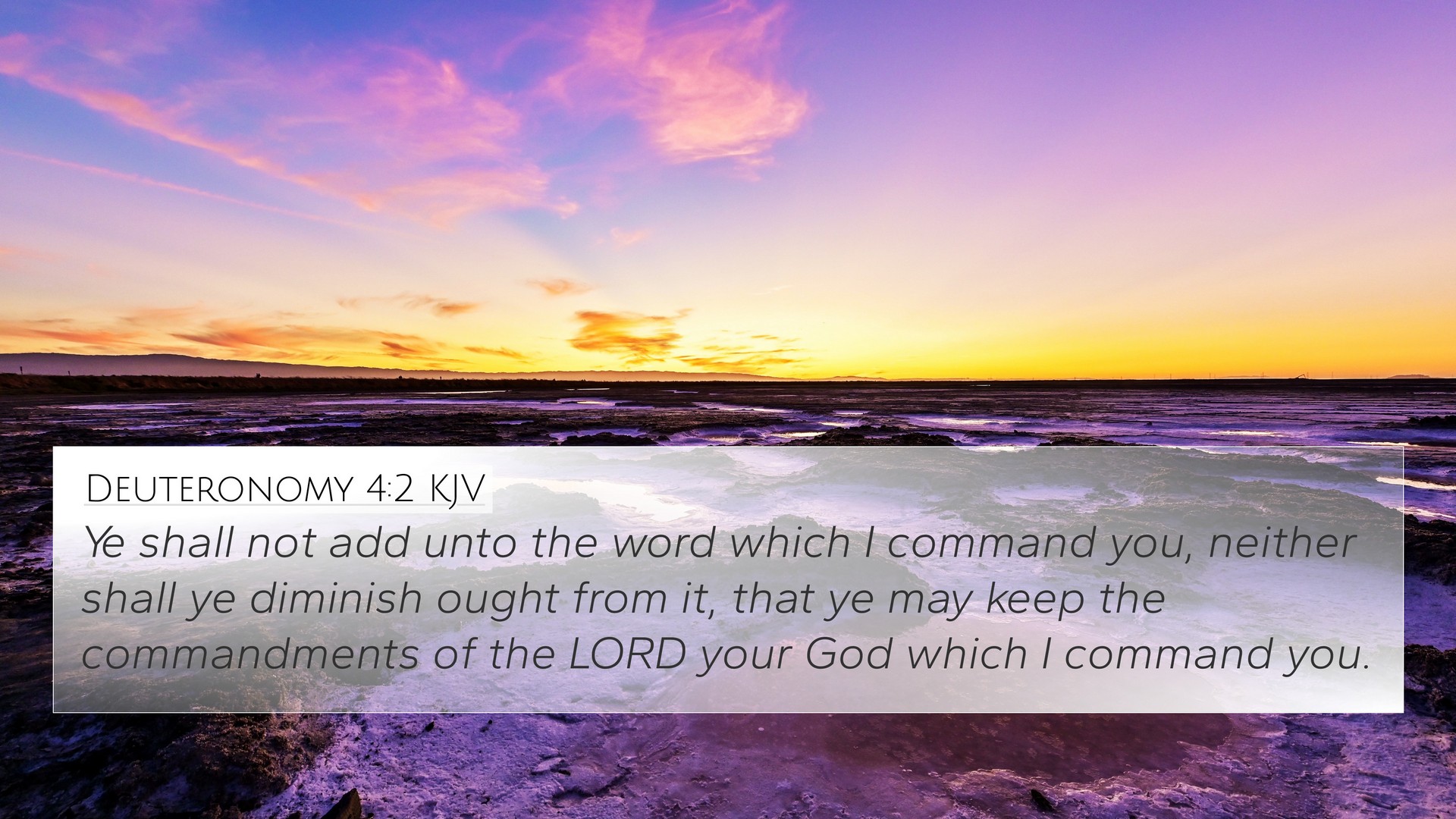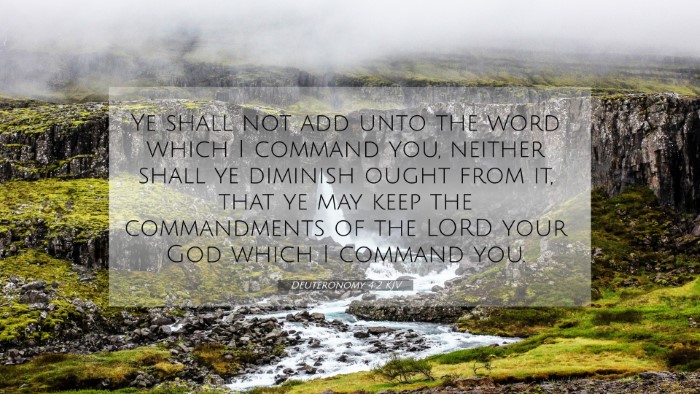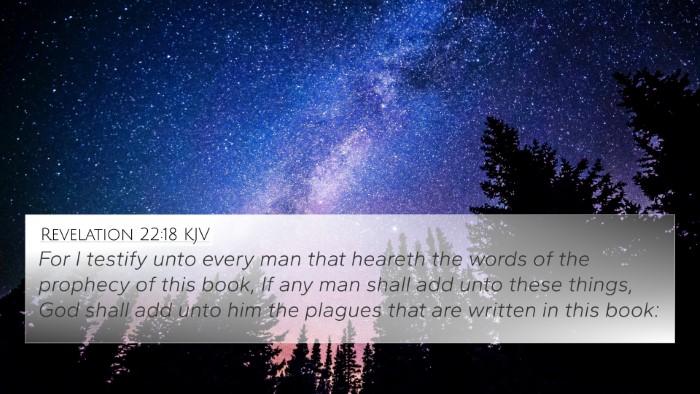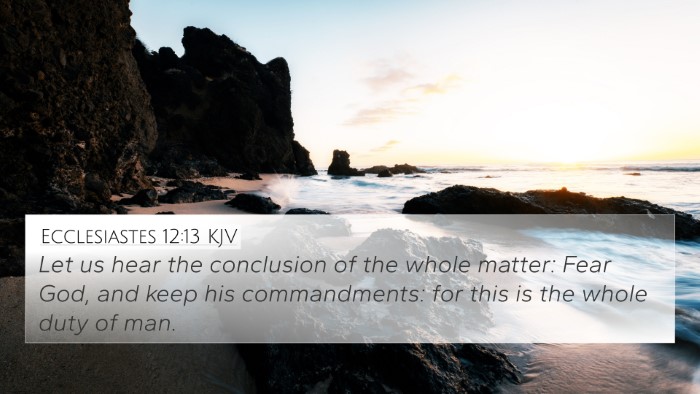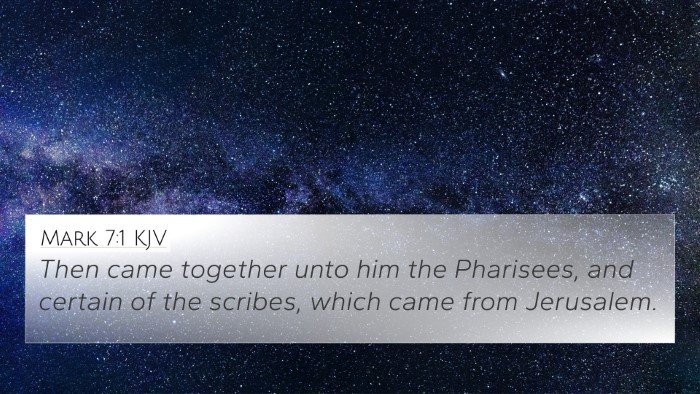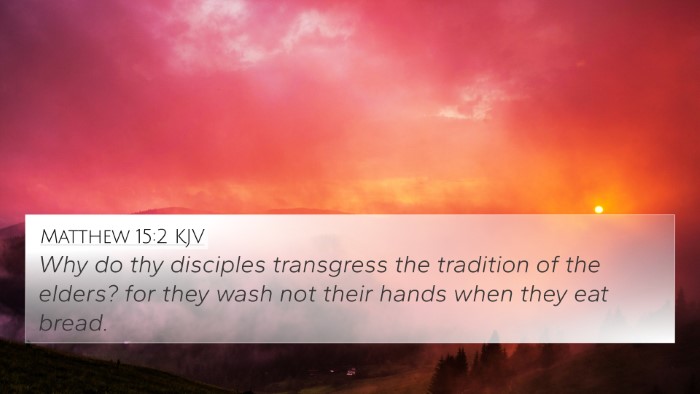Understanding Deuteronomy 4:2
Bible Verse: Deuteronomy 4:2 - "You shall not add to the word which I command you, nor take from it, that you may keep the commandments of the LORD your God which I command you."
This verse emphasizes the importance of adhering strictly to God's commandments as they are given, underscoring the principle of faithfulness to divine revelation. It is a clear instruction against altering God's word by addition or subtraction.
Insights from Public Domain Commentaries
Matthew Henry's Commentary
Henry articulates this command as a safeguard for the integrity of God’s laws. He stresses that any alterations signify a lack of respect for God’s authority and can lead to misguidance. The verse encourages believers to preserve the commandments without distortion, promoting fidelity in obedience.
Albert Barnes' Notes
Barnes points out the practical implications of this command. He notes that God's instructions are complete and any attempts to change or modify them could lead individuals away from true worship. This reflects a broader principle of keeping faith pure and intact, ensuring that all teachings align accurately with God’s original intent.
Adam Clarke's Commentary
Clarke comments on the significance of this verse in the context of Israel's covenant with God. He mentions that the imperative not to alter the commandments serves as both a commandment as well as a warning against false teachings that arise in society. It's vital for the community to uphold what God commanded without compromise.
Key Themes and Connections
This command can be seen as a precursor to New Testament teachings and is echoed various times throughout Scripture, emphasizing the importance of guarding God’s word. Related themes include:
- The sanctity of Scriptures: Emphasizes that God's word is sacred and should remain unchanged.
- Faithfulness to God's law: Encourages believers to embrace all of God’s commandments as authoritative.
- Warnings against false teachings: Highlights the dangers posed by someone manipulating God's word.
Cross-References and Thematic Connections
Deuteronomy 4:2 is related to several other Bible verses that convey similar themes:
- Proverbs 30:6: "Do not add to His words, lest He rebuke you, and you be found a liar."
- Revelation 22:18-19: "For I testify to everyone who hears the words of the prophecy of this book: If anyone adds to these things, God will add to him the plagues that are written in this book..."
- Matthew 5:18: "For assuredly, I say to you, till heaven and earth pass away, one jot or one tittle will by no means pass from the law till all is fulfilled."
- Galatians 1:8-9: "But even if we, or an angel from heaven, preach any other gospel to you than what we have preached to you, let him be accursed."
- 1 Corinthians 4:6: "Now these things, brethren, I have figuratively transferred to myself and Apollos for your sakes, that you may learn in us not to think beyond what is written..."
- 2 John 1:9: "Whoever transgresses and does not abide in the doctrine of Christ does not have God..."
- Hebrews 2:1: "Therefore we must give the more earnest heed to the things we have heard, lest we drift away."
The Importance of Cross-Referencing Biblical Texts
Cross-referencing not only helps highlight consistency in biblical teachings but also fosters a deeper understanding of scriptures. Here’s how it aids in comprehension:
- Contextualizing scriptures: Helps relate a specific verse to broader biblical themes.
- Facilitating deeper study: Cross-reference tools can enhance the breadth of one’s study efforts.
- Establishing connections: Allow for comparative Bible verse analysis, revealing thematic continuity across both Testaments.
Tools for Bible Cross-Referencing
Several resources exist for effective cross-referencing of Bible verses, such as:
- Bible Concordance: This tool lists words and phrases from the Bible with their corresponding verses.
- Bible Cross-Reference Guide: A systematic approach to locate similar or related scriptures across the Bible.
- Cross-Reference Bible Study: Methodologies for engaging deeply with scripture by finding interrelated verses.
- Bible Reference Resources: Books and software that aid in navigating through connections within the Bible.
Applying Cross-Referencing in Personal Study
Individuals can enhance their study by following these simple steps:
- Identify key themes in the verse you are studying.
- Utilize a Bible concordance to discover related references.
- Engage with the text, allowing cross-referenced verses to inform your understanding.
- Reflect on how these interconnected scriptures shape the meaning of the selected verse.
Conclusion
Deuteronomy 4:2 serves a vital role in understanding the necessity of preserving God’s commandments. By employing the methods of cross-referencing Bible verses, one can unveil the richness and continuity within Scripture, ultimately leading to a more profound engagement with God's word. The directive to not add to or subtract from God's commandments remains true not only for the Israelites but for all believers today.
